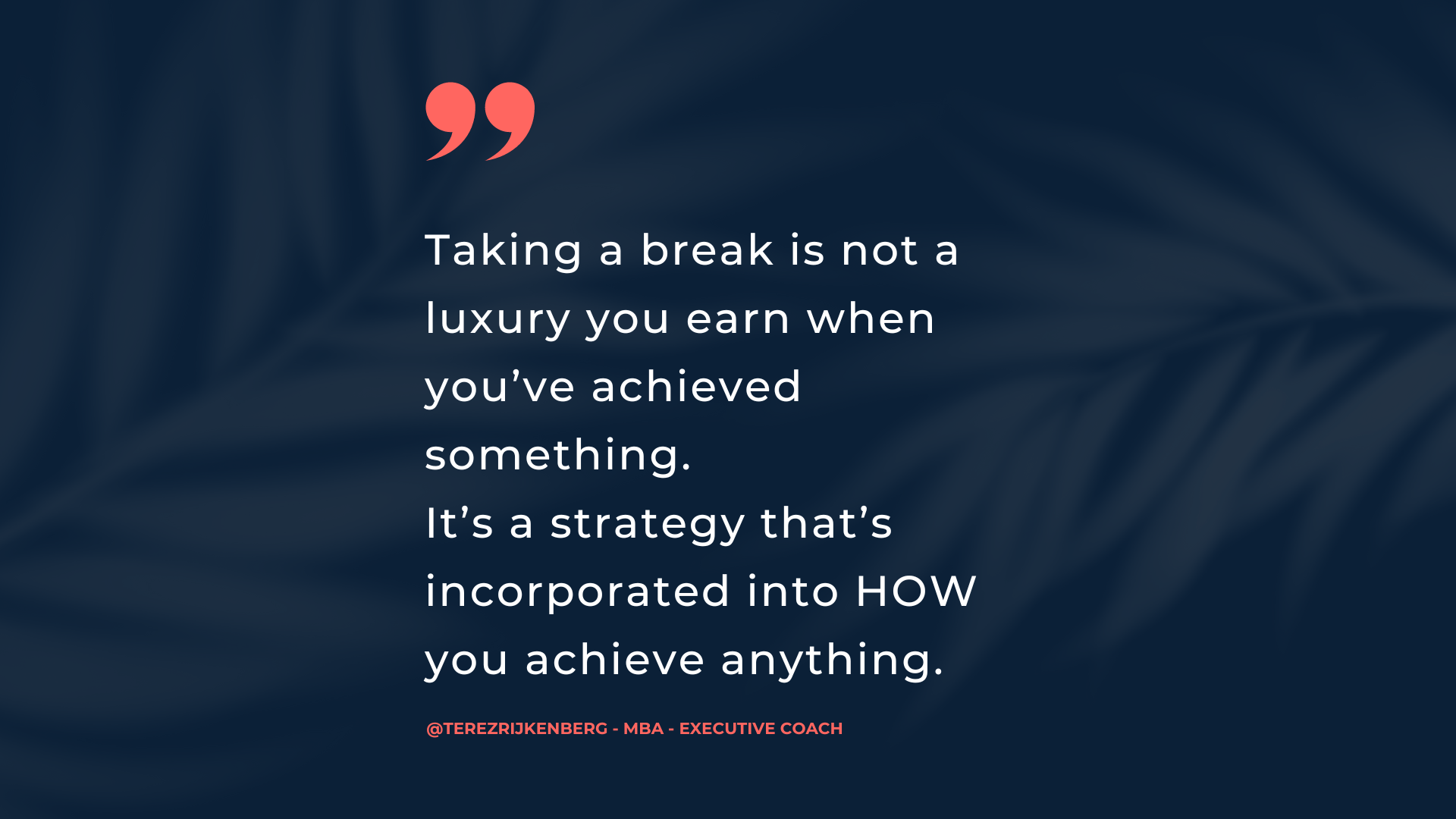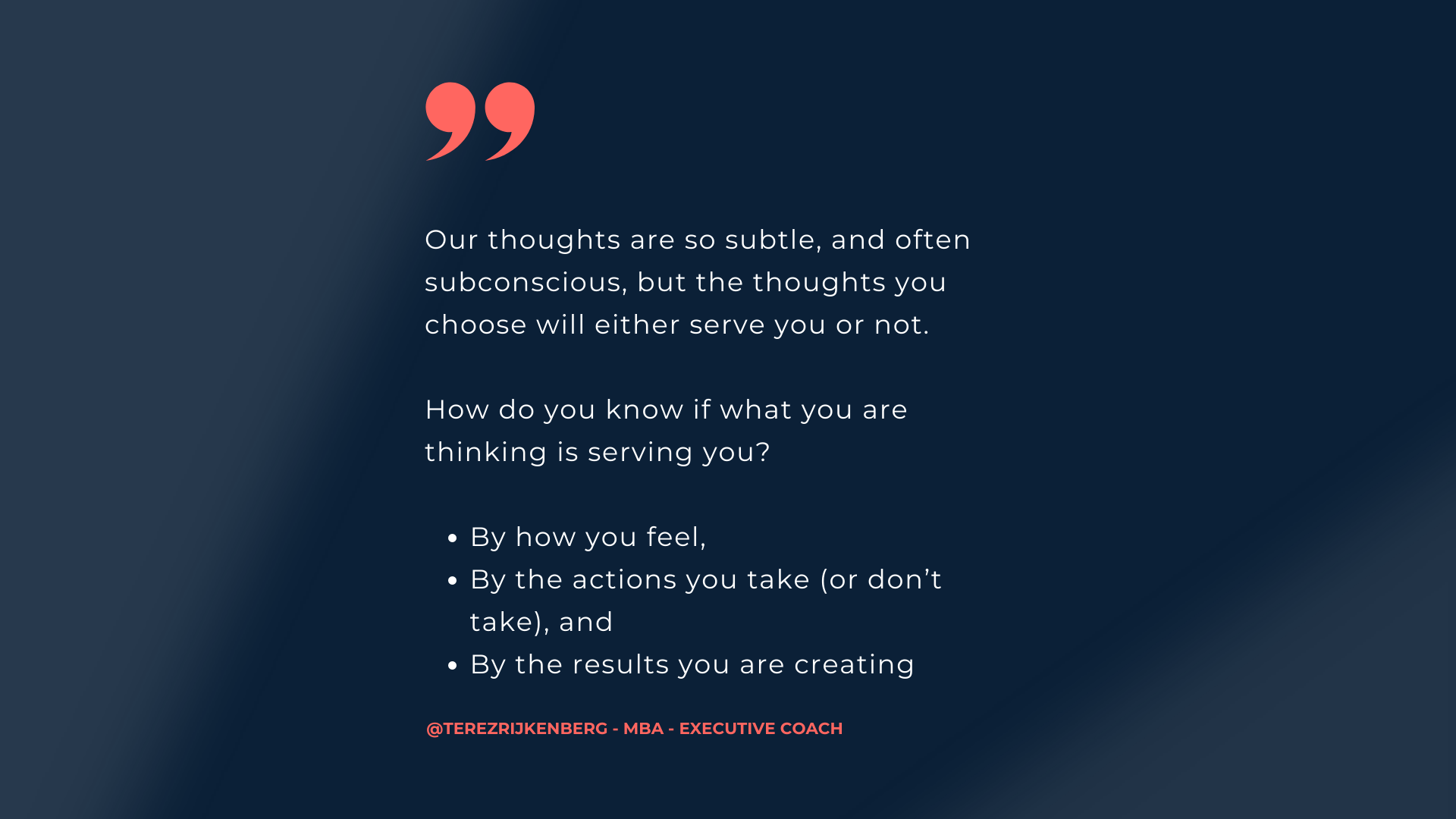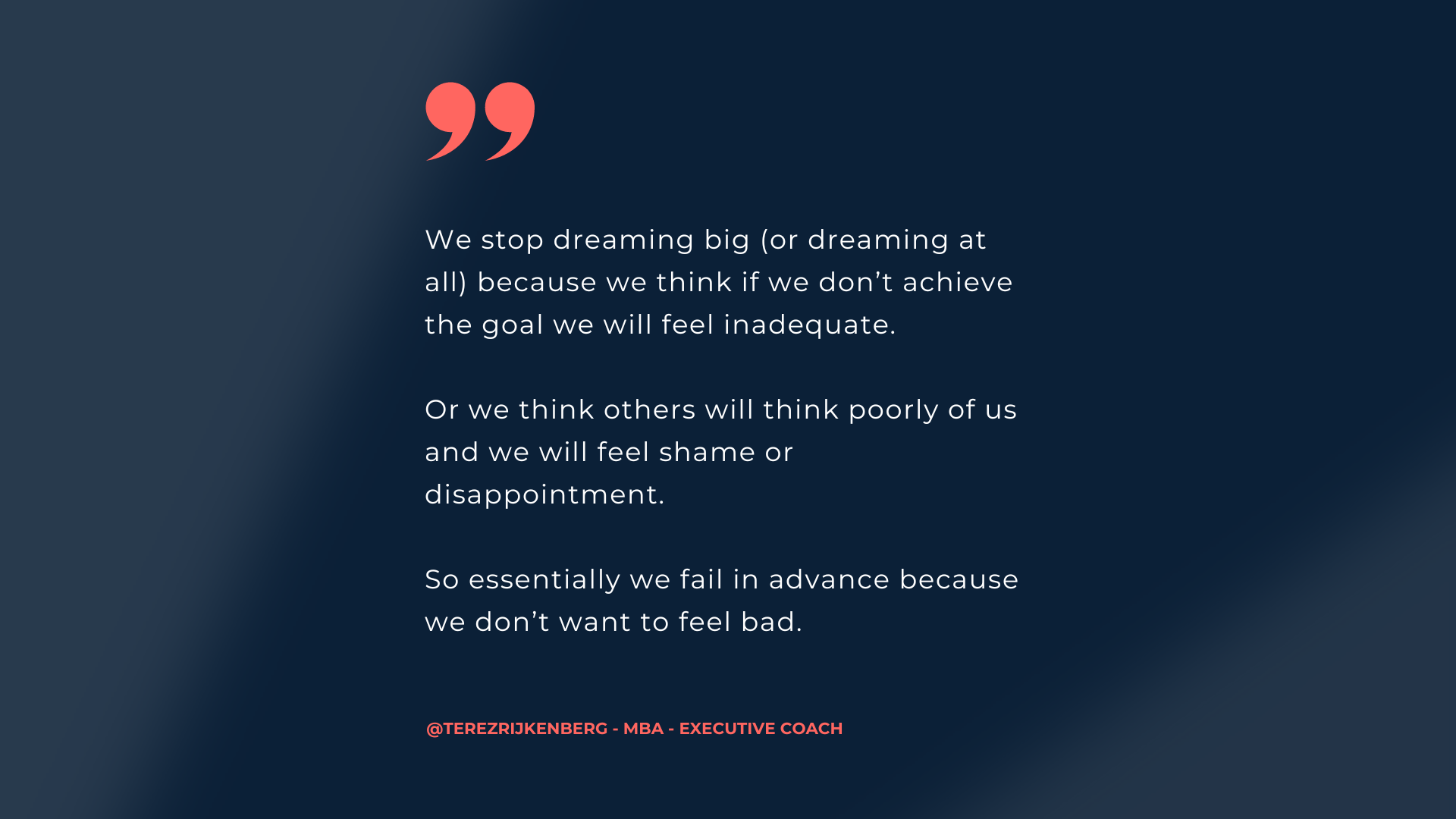<READING TIME: 3m42s>
Yes, taking a break is a necessity, not a luxury.
But how do we create time for a break or to rest and recharge when there’s always so much to do?
And how do we enjoy that rest time without feeling guilty?
Here’s your answer:
Always plan your breaks and rest time!
There are two categories of rest time that we can plan for:
1) PLANNED BREAKS / REST
E.g. lunch breaks; when you stop working at the end of the day; self-care; rest days from exercise etc.
Here are some questions to help you think about these intentional rest times:
- When will you take breaks from work during the day? (Most people need a break every 50-90mins to avoid mental fatigue and to increase focus and creativity.)
- When will you take a break for lunch/snacks? (Find ways to enjoy your meals with mindful eating.)
- What time will you stop working?
- When will you sleep and for how long?
- What types of self-care / exercise will you schedule and how often?
- On which days will you take rest days from exercise?
- How long will your breaks/rests be?
- What will you “do” during your rest time? (Think about the activities that will most help you to replenish your mental and physical energy – tip: stay away from a screen during this time)
- When will you plan longer breaks like holidays? (Planning holidays upfront can also create added motivation as it gives you something to look forward to.)
2) UNPLANNED BREAKS / REST
E.g. when you’re sick; when you feel tired; when you have a headache; when dealing with mental illness etc.
Here are some questions to help you think about how you might want to consider resting during these unplanned occurrences:
- What will you do to rest when you haven’t had enough sleep?
- What will you do to rest when you’re feeling high levels of stress?
- What will you do to rest when you’re sick or recovering from an injury?
- What will you do to rest when you feel tired?
- What will you do to rest when you feel pain (e.g. headache; body pain)?
- What will you do to rest when you feel emotional pain (e.g. depression; grief etc)?
By working through your answers to these questions upfront, you’re deciding in advance what you will do that’s rational and focused on allowing you to recover and re-energise faster.
It’s the activity of making these decisions in advance that will allow you to enjoy your rest without guilt.
Remember that taking a break is not quitting or being lazy, it’s an intentional strategy that gives you time to recharge so that you can keep moving forward with optimum energy.
TAKE ACTION:
- Work through the questions above to decide what you will do for your planned rest times as well as unplanned times that require rest.
- COACHING: If you continue to feel guilty when taking rest times or for prioritising your wellbeing, then book a free consultation with me here.





